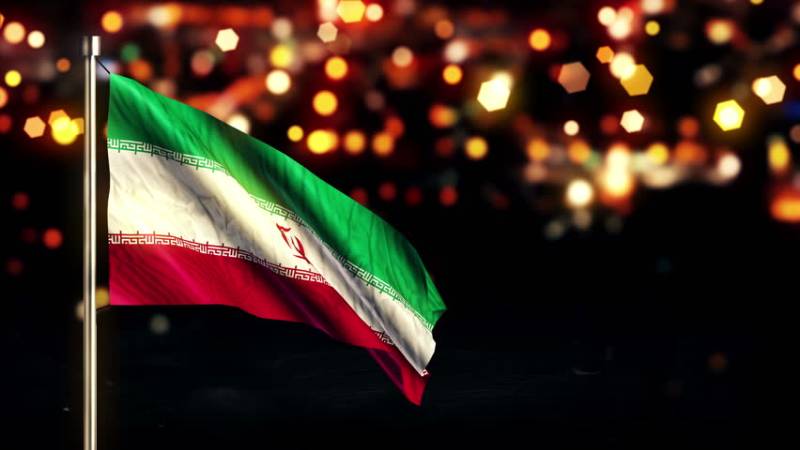After the foreign minister of Iran and his United Arab Emirates counterpart trolled each other on Twitter earlier this year, observers expected the ongoing diplomatic spat to continue in the foreseeable future. They were right. Foreign minister of the UAE, Sheikh Abdullah bin Zayed Al Nahyan, a staunch ally of the Saudi Kingdom, took the UN stage to accuse Iran of its "expansionist regional policies, flagrant violations of the principles of sovereignty and constant interference in the internal affairs of its neighbouring countries."
As the two geopolitical rivals stand on opposite sides of the civil war in Syria and the violent conflict in Yemen, Saudi Arabian and Iranian oil officials clashed this week over production limits at the OPEC, the disagreements highlighting the chasm that is exacerbating economic issues for the rest of the region. Many Saudis say if the group supported by Iran wins in either country, it would threaten the kingdom militarily and psychologically.
For both regimes, religion is an important tool of power. The conflict between Saudi Arabia and Iran is likely to further widen an existing sectarian divide in the Middle East, pitting Sunnis and Shias against each other. But categorising this issue as a religious one is oversimplifying the conflict. The conflict in Yemen wasn’t sectarian, it started off as a geographical minority demanding political rights until Saudi Arabia interfered to protect the ruling party. Some hawks insist that Iran is trying to control the Middle East in the same way that Germany tried to control Europe in World War II, again a gross simplification. Iran supports the Syrian government in its war against rebels and Islamic State militants and Saudi experts allege that Iran’s actions in Syria and Yemen are an effort to create allies in the Middle East. While this may be so, the Arab states have also been repressing their shia populations, fuelling the divide themselves.
At the heart of the matter lies the Kingdom’s fear that the old hegemon, the US, is withdrawing from the complicated wars that threaten to uncover its bad policies and decisions that have exacerbated the conflict in the region. An example of this massive geopolitical shift was witnessed in April this year when President Obama faced embarrassment after being received by the Governor of Riyadh instead of the King himself on a visit to Saudi Arabia after a Congress bill accused the Saudi’s of war crimes. Saudi Arabia has taken upon itself to restore the balance of power in the region, but with the wrong tools. The country that had for decades been considered by the West to be a strategic partner and a reliable oil supplier, remains no more as such, and blaming Iran may create internal calm at the cost of more external conflict.






